It’s official: bogan has made it into the Oxford dictionary.
It’s language’s highest bar to clear, and its inclusion means that by any definition, bogan is truly a word. How do words get into the dictionary, anyway? And what do these words tell us about ourselves?
Linguist Daniel Midgley brushes up on the lingo on this week’s episode of Talk the Talk.
Listen to this episode
You can listen to all the episodes of Talk the Talk by pasting this URL into your podlistener.
http://danielmidgley.com/talkthetalk/talk_classic.xmlShow notes
It’s in Oxford.
http://www.theaustralian.com.au/news/breaking-news/bogan-breaks-into-oxford-dictionary/story-fn3dxity-1226400667977
http://www.abc.net.au/news/2012-06-19/bogan-makes-it-into-oxford-dictionary/4078778
Where does it come from? Possibly the river.
http://en.wiktionary.org/wiki/bogan#Etymology
More bogan history
http://en.wikipedia.org/wiki/Bogan
How do they decide what goes in the dictionary, anyway?
http://oxforddictionaries.com/words/how-do-you-decide-whether-a-new-word-should-be-included-in-an-oxford-dictionary
Here’s how you can submit evidence for a word.
http://www.oed.com/public/contribute/contribute-to-the-oed
And the Oxford Dictionaries Online has added even more new ones.
http://blog.oxforddictionaries.com/2012/05/totes-amazing-new-words-added-to-odo/
Here are some aptonyms.
http://www.heraldnet.com/section/news010311








